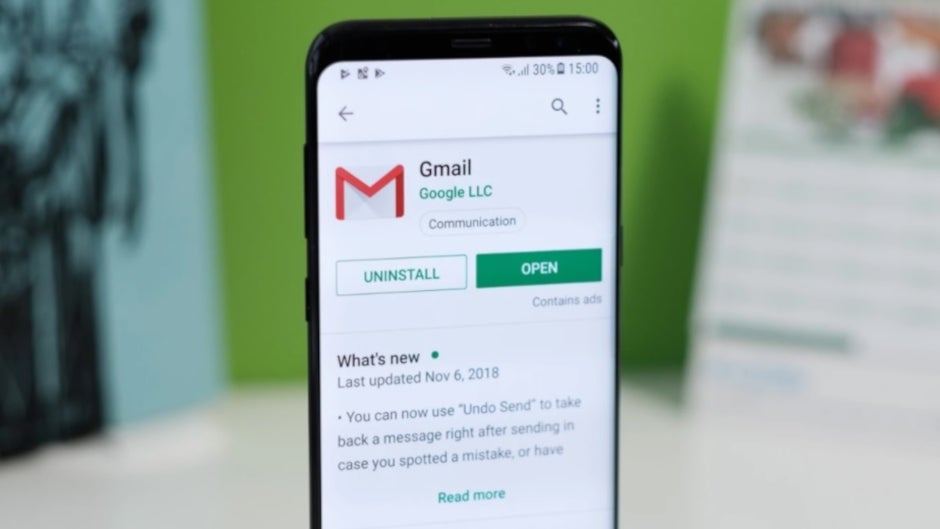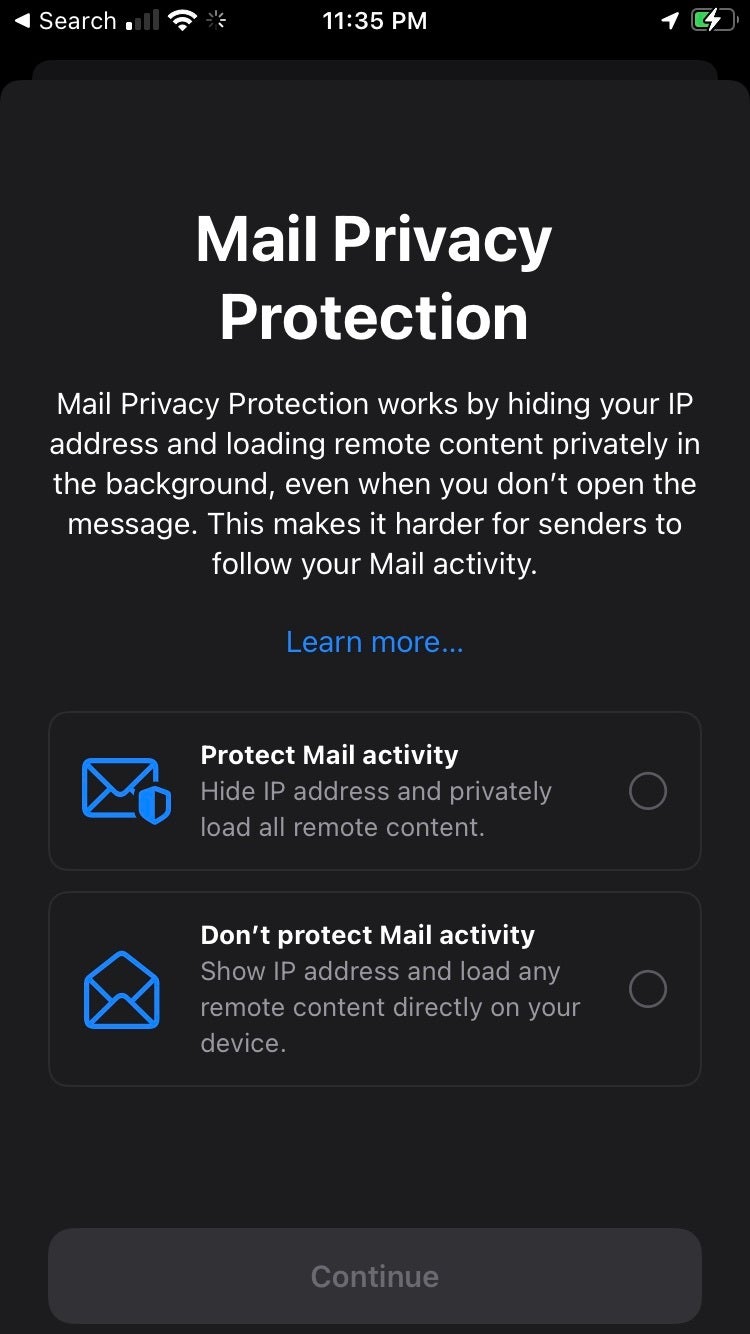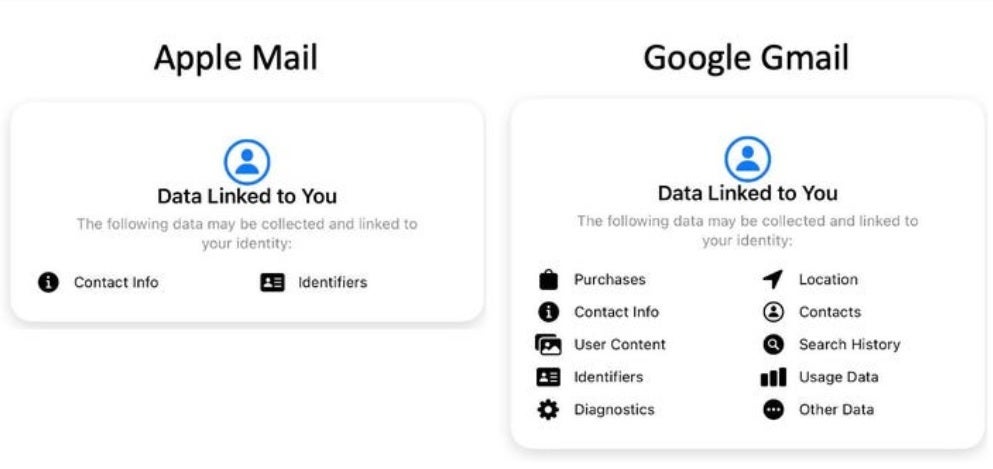Stop third-party firms' plans to track you using Gmail by uninstalling the app now


Apple iPhone users concerned about privacy might want to consider uninstalling Gmail and using Apple's default mail app instead
Over the ensuing years, not much changed. In 2020, a fresher report showed that Google had placed trackers on 86% of the top 50,000 global apps. These trackers are the reason why you start to see ads for Swiss Army multi-purpose nose hair trimmers after you spent 5 minutes searching for one on Google Search. These trackers are also the subject of Apple's App Tracking Transparency (ATT) feature which allows iPhone users to opt-out of being tracked, an option that 96% of users chose when the feature first dropped in iOS 14.5.

Apple's default iOS mail app protects your identity much better than Gmail does
If privacy is more important to you than having ads for something that you're looking for show up on your phone, you might consider deleting Gmail on your iPhone and use Apple's home-grown mail app on its handset. That's because Gmail, like many of Google's apps, is a data vacuum sucking up the details of your personal online life to sell to third-party firms.
Comparing the App Privacy Labels between the Apple Mail app and Gmail, one can easily see how much of a difference there is between the two in terms of privacy. Apple's default mail app collects some contact information and identifiers and can link them to your identity. Meanwhile, Gmail keeps track of your purchases, contact information, user content, identifiers, diagnostics, location, contacts, search history, usage data, and other data to find out who you are so that they can track you and send you targeted ads.
According to Forbes, 70% of the emails you receive have trackers embedded that send information to those companies looking to track you. These firms are told whether you opened their email, when you opened it, how often you opened it, and where you were when it was opened. The device that you used to open and read these emails is also passed on to those who use this data to create algorithms that can be used to create an accurate profile about you.
Apple will add Mail Privacy Protection with the iOS 15 update
Considering that it doesn't take that much information for companies like Google and Facebook to figure out who you are, iOS users might want to go ahead and follow-through on our previously mentioned recommendation to uninstall Gmail and stick to using the default iOS mail app. Of course, you'll lose that link between Google apps that the Alphabet subsidiary is known for, but this will result in a huge leap in keeping your personal data private.
In iOS 15, Apple will add "Mail Privacy Protection" that will "stop senders from using invisible pixels to collect information about users. The new feature helps prevent senders from knowing when they open an email and masks their IP address so it can’t be linked to other online activity or used to determine their location." Advertisers looking to fight back against Apple's App Tracking Transparency hoped to use Gmail to collect some information through the email app that they no longer had access to, but Mail Privacy Protection will put the kibosh on that plan.

iOS 15 will feature the Mail Privacy Protection plan
Proton founder Andy Yen said, "Tracking pixels are a concerningly normal part of today’s internet and yet another example of how people’s privacy is being intruded upon on a day-to-day basis. The volume of information a company can gather with something as simple as an invisible image is incredible." Preventing remote images from loading automatically is one way to stop pixels from tracking you.
In iOS 15, remote images will use multiple proxy servers that will allow images to appear on all of your emails without the risk of having them track you. That's because the images will be coming from Apple's own servers.
Follow us on Google News












Things that are NOT allowed:
To help keep our community safe and free from spam, we apply temporary limits to newly created accounts: